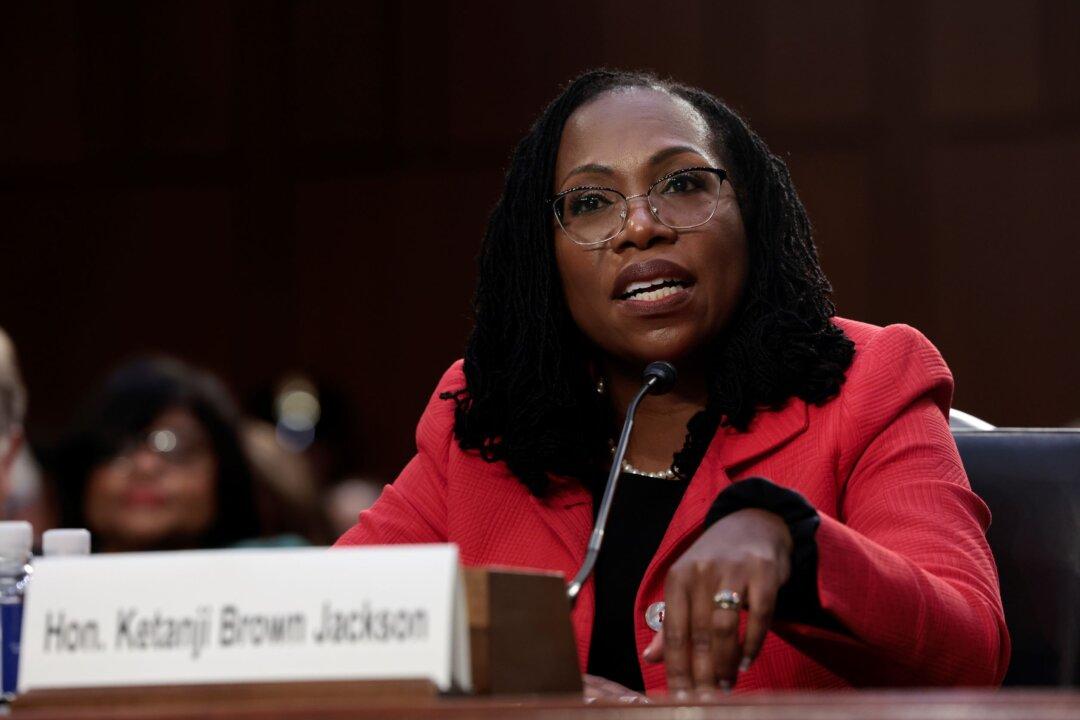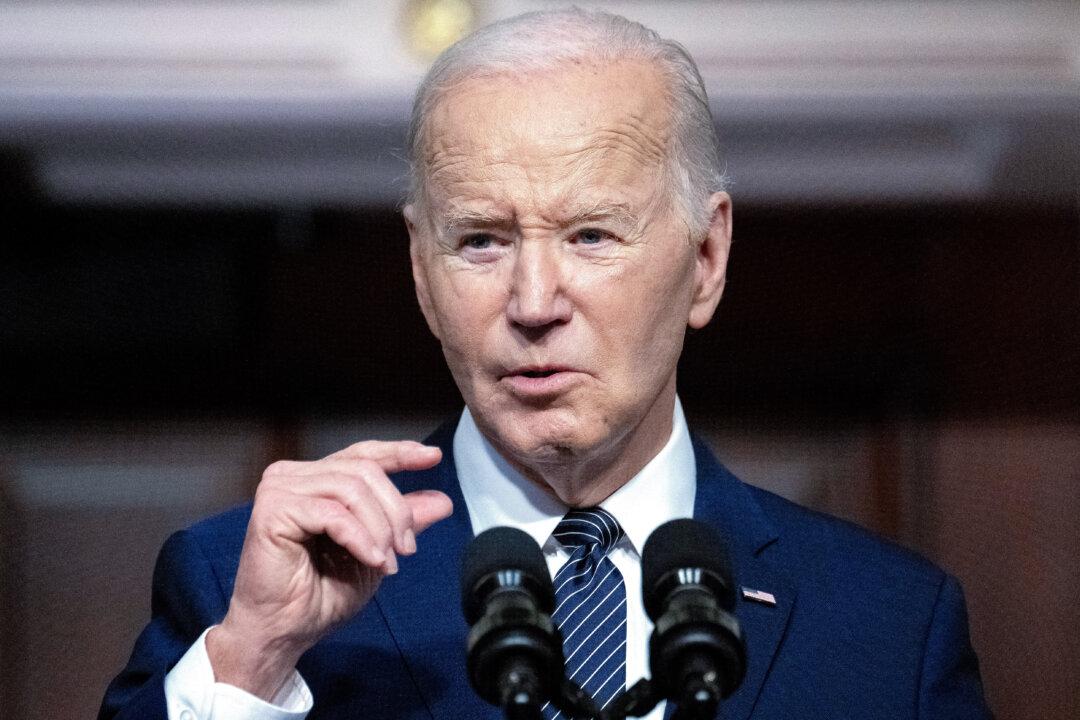“Justice demands this result.” That’s what Ketanji Brown Jackson said in 2011 after the U.S. Sentencing Commission knocked as much as three years off the prison terms of crack-cocaine convicts. As vice chair of the commission, Jackson believed the nation’s drug laws were overly harsh and especially “unfair” to blacks.
A month earlier, Jackson had shrugged off Justice Department warnings that the decision—which made more than 12,000 federal crack inmates eligible for early release—could flood the streets with dangerous criminals who would likely reoffend.






